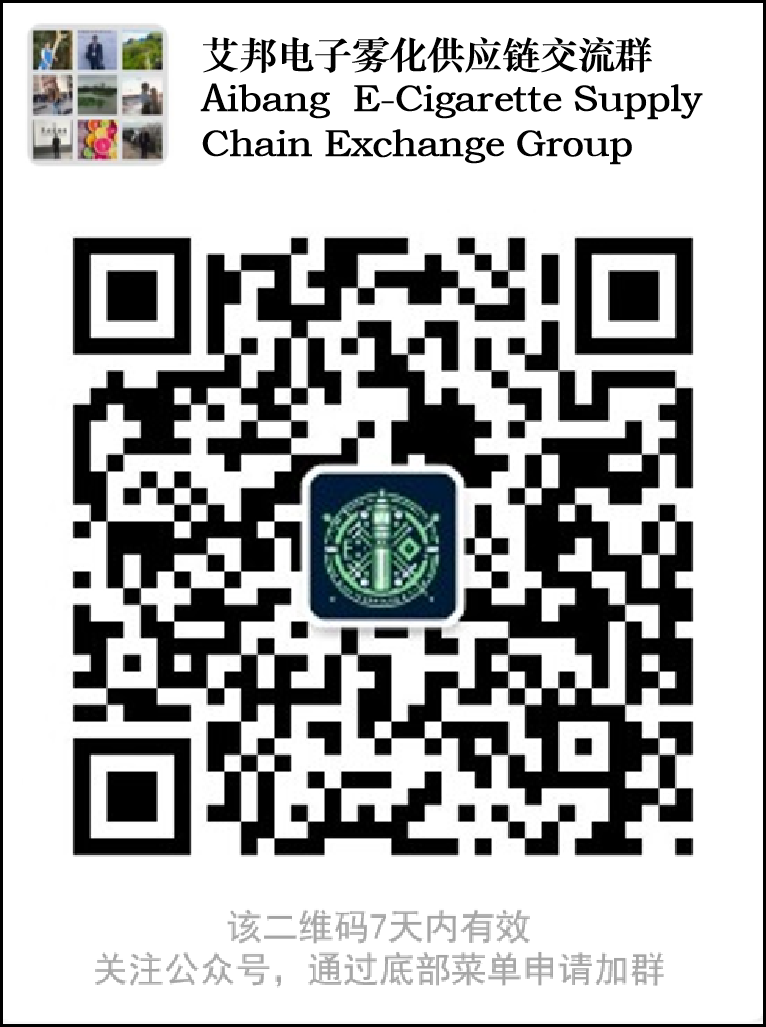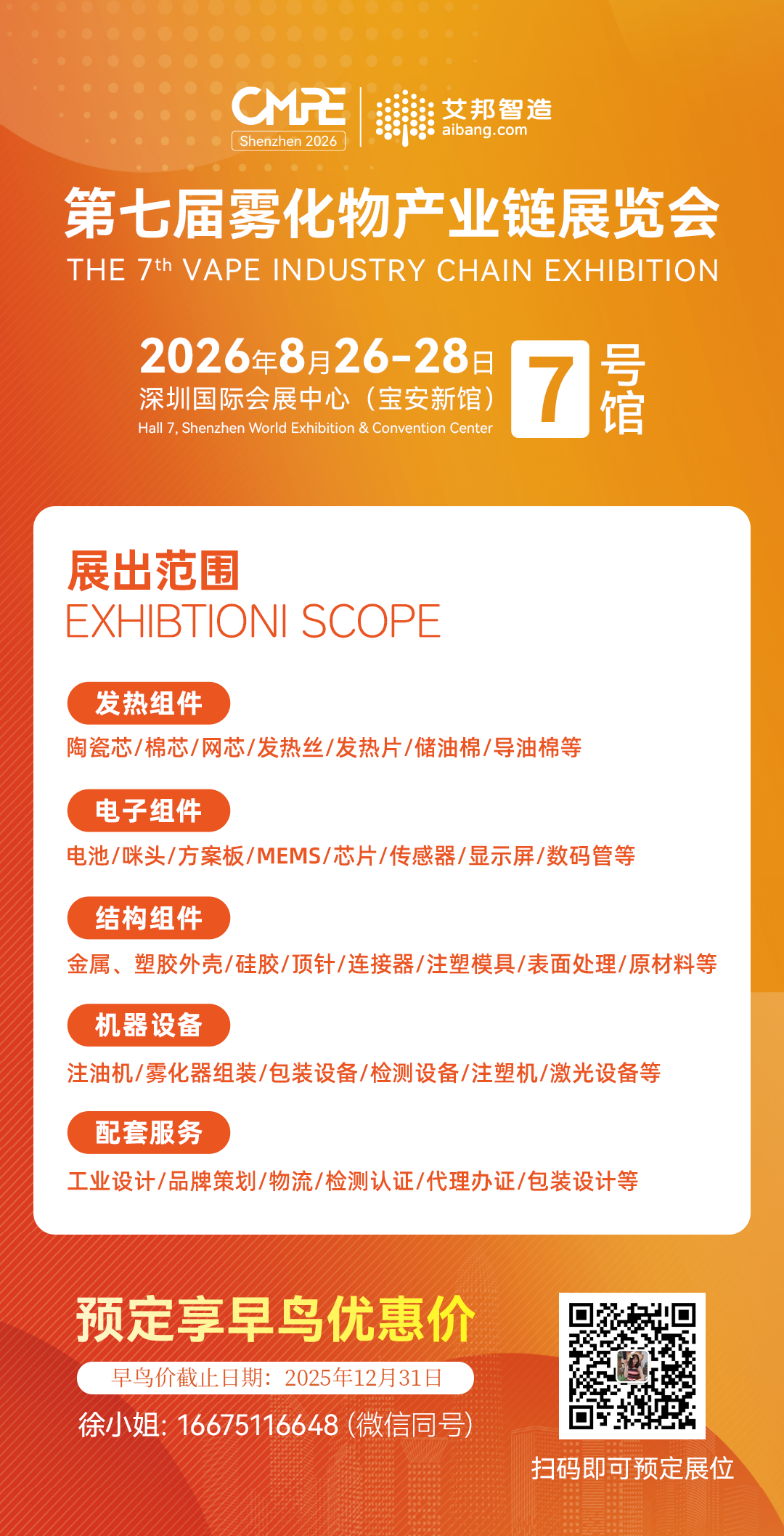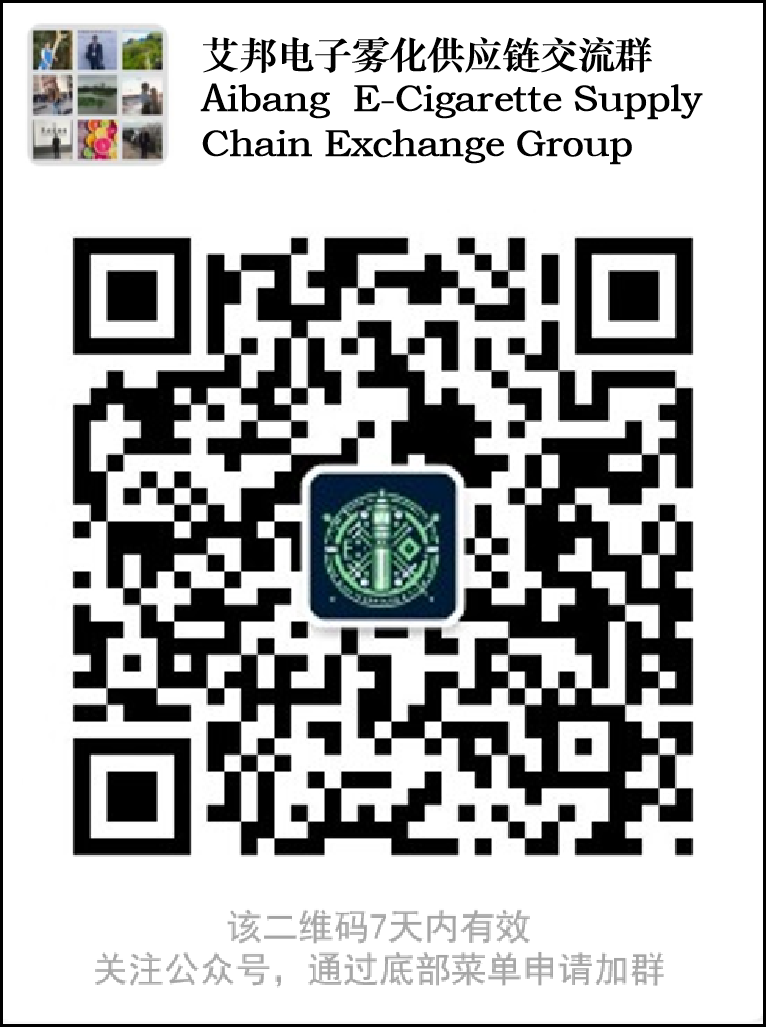Starting September 1, 2025, the US e-cigarette market has undergone a series of major policy adjustments, with several states introducing new regulations aimed at strengthening oversight of the e-cigarette industry and protecting public health, especially among youth. These policy changes not only affect e-cigarette manufacturers and retailers, but also have a profound impact on consumers.
Texas: Strict restrictions on product packaging, ingredients, origin, and advertising.
- A complete ban on the sale of e-cigarette products designed to resemble everyday items (such as highlighters, pens, cosmetics, smartwatches, or USB drives) that may attract children.
- The sale of e-cigarettes containing substances such as tetrahydrocannabinol (THC), alcohol, kratom, and tianeptine is prohibited.
- The sale of e-cigarettes manufactured in whole or in part in China and other countries designated by the United States as "hostile foreign powers" is prohibited
- The law prohibits advertising of tobacco and e-cigarette products within 1,000 feet (304.8 meters) of churches and schools.
- The definition of e-cigarettes has been expanded to include non-nicotine e-cigarettes.
- Violations of the law are considered Class A misdemeanors, punishable by up to one year in county jail and a fine of up to $4,000 per violation. This law replaces the previous Class B penalties and will prompt e-cigarette companies operating in Texas to swiftly change their supply chains, packaging, and marketing strategies.
Wisconsin: Only FDA-approved products are allowed for sale.
- Only FDA-approved nicotine-free or menthol-free e-cigarettes may be sold in Wisconsin.
Violations carry hefty fines: $1,000 per SKU per day.
In the first week of the ban, Wisconsin retail stores saw a 90% drop in sales, with inventory being mothballed and shelves empty. The Wisconsin industry group, WiscoFAST, has filed a lawsuit against the state Department of Revenue. Most retailers are waiting to see whether WiscoFAST's lawsuit over the ban will lead to policy changes or signal a significant shift for Wisconsin's e-cigarette industry.
Arkansas: Gradual Enforcement, Strict Control of Illegal Products
- Restricting the sale of disposable closed-system e-cigarettes and nicotine-containing e-liquid products;
- Only products approved by the FDA or under review are permitted for sale;
- Marketing strategies are restricted to protect children. E-cigarette products may no longer imitate designs, labels, or packaging that appeal to minors, such as cartoons, superheroes, or names like cakes or candy.
Arkansas also implemented its regulations on September 1st, but provided a grace period until November 1st before full enforcement began.
Violating products will be seized, and sellers may face significant fines and license revocation. Currently, the FDA has approved only 39 e-cigarette products. Most products on the market are not authorized by the FDA, and most inventory will be considered illegal and cannot be sold.
California: Establishing an Unflavored Tobacco List
On August 25, the California Office of Administrative Law (OAL) approved emergency regulations proposed by the California Department of Justice to establish procedures for applying for, maintaining, and enforcing the "Unflavored Tobacco List." The regulations take effect on August 25 and remain in effect until February 24, 2026.
The draft regulations cover all tobacco and nicotine product categories, including cigarettes, cigars, heat-not-burn products, e-cigarette devices and e-liquids, smokeless tobacco products, and nicotine pouches.
Applicants are required to submit a separate online application for each "Brand Style," certifying that the product lacks any characteristic flavor, waiving any possible sovereign immunity, agreeing to the jurisdiction of the California courts, and providing a sample of the largest retail packaging. Each product is subject to a $300 application fee, $150 for variants, and a $150 annual renewal fee. Submitted information must be true and accurate, otherwise perjury is imposed. Products submitted on time will be prioritized for inclusion in the initial list, scheduled for release on or before December 31, 2025.
The "Unflavored Tobacco List" will become the only legal sales list statewide, and retailers will only be able to sell products on the list.
Conclusion
With multiple US states simultaneously tightening e-cigarette regulations, the industry landscape will face a significant reshaping. Consumers may see a reduction in the variety of e-cigarette products on the market, but product quality and safety are expected to improve. E-cigarette industry practitioners need to closely monitor policy changes and proactively adjust their business strategies to adapt to the new market environment.
来源:艾邦综合整理
电子雾化与HNB产品都是新型电子产品,结构虽小,却融合应用多种材料、表面处理、芯片电子等技术工艺,而且雾化技术一直在不断更迭,供应链在逐步完善,为了促进供应链企业间有一个良好的对接交流,艾邦搭建产业微信群交流平台,欢迎加入:


电子雾化与HNB产品都是新型电子产品,结构虽小,却融合应用多种材料、表面处理、芯片电子等技术工艺,而且雾化技术一直在不断更迭,供应链在逐步完善,为了促进供应链企业间有一个良好的对接交流,艾邦搭建产业微信群交流平台,欢迎加入;Vape e-cigarettes (VAPE) and Heat-Not-Burn e-cigarettes (HNB) are both emerging electronic products. Despite their compact size, they integrate various materials, surface treatment technologies, chip electronics, and other advanced technical processes. Moreover, atomization technology is constantly evolving and the supply chain is being progressively perfected. To facilitate good communication and networking among supply chain enterprises, Aibang has established an industry WeChat group communication platform and warmly welcomes interested enterprises to join.

